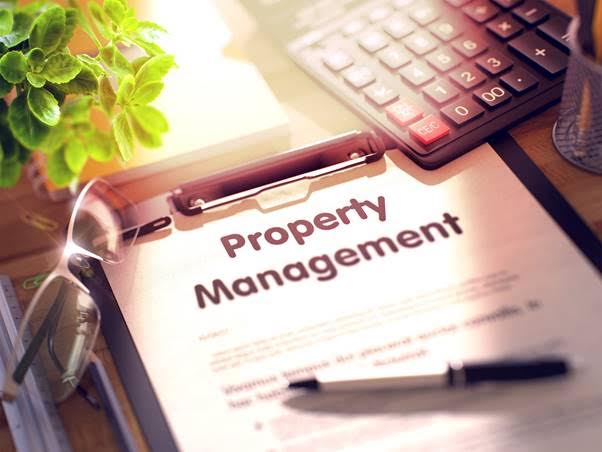Thinking of getting into property management? There are more opportunities in this exciting and rewarding business than you might realise. It’s common to assume that throughout the rental market up and down the country, landlords are dealing directly with their tenants – fixing leaks, repainting ceilings and tinkering around with washing machines.
But the reality is that it’s incredibly common for a third party such as Red Brick Management to be involved, overseeing the day-to-day running of a residence and arranging for repairs and service visits. Many landlords have never met their tenants, meaning that property managers (after lettings agents have finished doing their bit) play a vital role in keeping both parties happy.
What is a property manager?
As a property manager, you’re the friendly face of the landlord for the tenant, and the friendly face of the tenant for the landlord – acting as a mediator for the landlord-tenant relationship, ensuring any issues are resolved promptly and being a direct point of contact. To succeed in this business you’ll need to have excellent people skills, a talent for multi-tasking and the ability to handle problems before they’ve even arisen.
What does a property manager do?
On a daily basis, a property manager for a property management company oversees a number of key responsibilities. The first of these is financial management. You’ll need to set rental rates, collect rent and adjust it if necessary. Some property managers also collect and pay bills on behalf of tenants.
You’ll also arrange the maintenance and repair services of properties – often a whole block of flats – both within the residences themselves and in communal parts of the building such as the roof, gardens, stairwell and lifts. You’ll ensure that any jobs are booked promptly and performed by reliable tradespeople with whom you’ll establish close working relationships. Occasionally tenant complaints and even evictions will need to be handled professionally.
You’ll spend large amounts of time outside the office visiting properties — so flexibility and a driving licence are beneficial. There’s scope to progress within a property management company and gain valuable skills that you could even take into managing your own properties one day.
The typical day-to-day duties of a property manager include:
- Managing a portfolio of blocks of flats consisting of 750-1000 properties, within perhaps 10-25 different developments depending on size and type
- Dealing with calls and communications (emails and letters) from residents and flat owners
- Record keeping on the computer system
- Providing residents with information
- Sourcing and placing service orders to contractors
- Placing service contracts for items like fire alarm systems
- Parking enforcement
- Visiting developments and completing site visit reports
- Actioning items on surveys and reports
- Meeting with clients
- Chairing annual general meetings
- Reading leases and legal documents and explaining these to residents
- Any other admin tasks in office
What skills does a property manager need?
Organisation is key as a property manager. Not only will you manage a number of properties but each one will incur paperwork. Handling it efficiently will not only ensure that tenants and landlords are kept happy, but will protect the value of the property.
As a point of liaison between the two parties, good communication is crucial – but negotiation skills will also come in useful. When dealing with complaints or disputes, it’s important for you to reach an agreement in which everyone is satisfied.
An understanding of the property market is also hugely beneficial for any property manager – as is a background in marketing or finance. It’s important to know that you’re working not only efficiently but competitively too.
You don’t need a qualification in property management to be an effective property manager as it’s a role that relies heavily on broader interpersonal and workplace skills. However, like in any job, it could be beneficial.
What does a property manager earn?
On average, a property manager in the UK earns between £25,000 and £45,000 per year, depending on location and level of experience. However, there is significant potential for this to increase, as you develop skills, work towards qualifications such as the IRPM and AssocRICS and take on the management of a greater number of properties.
Interested in finding out more?
To find out about the latest opportunities in property management, contact Red Brick Management today and see if it could be the career for you.
Please note that this guide was produced in 2020 and subsequently parts of the information included above may have subsequently changed.

